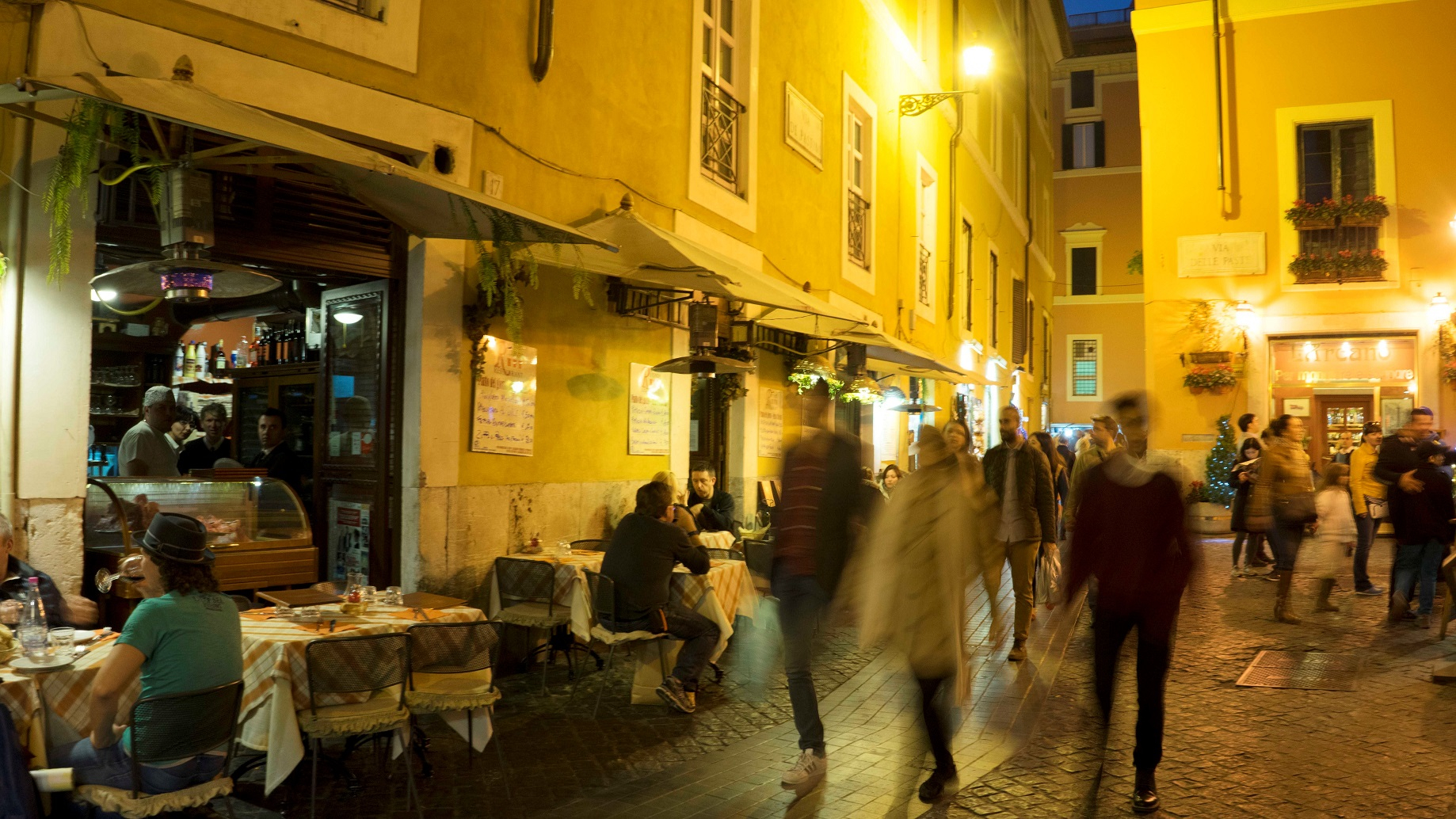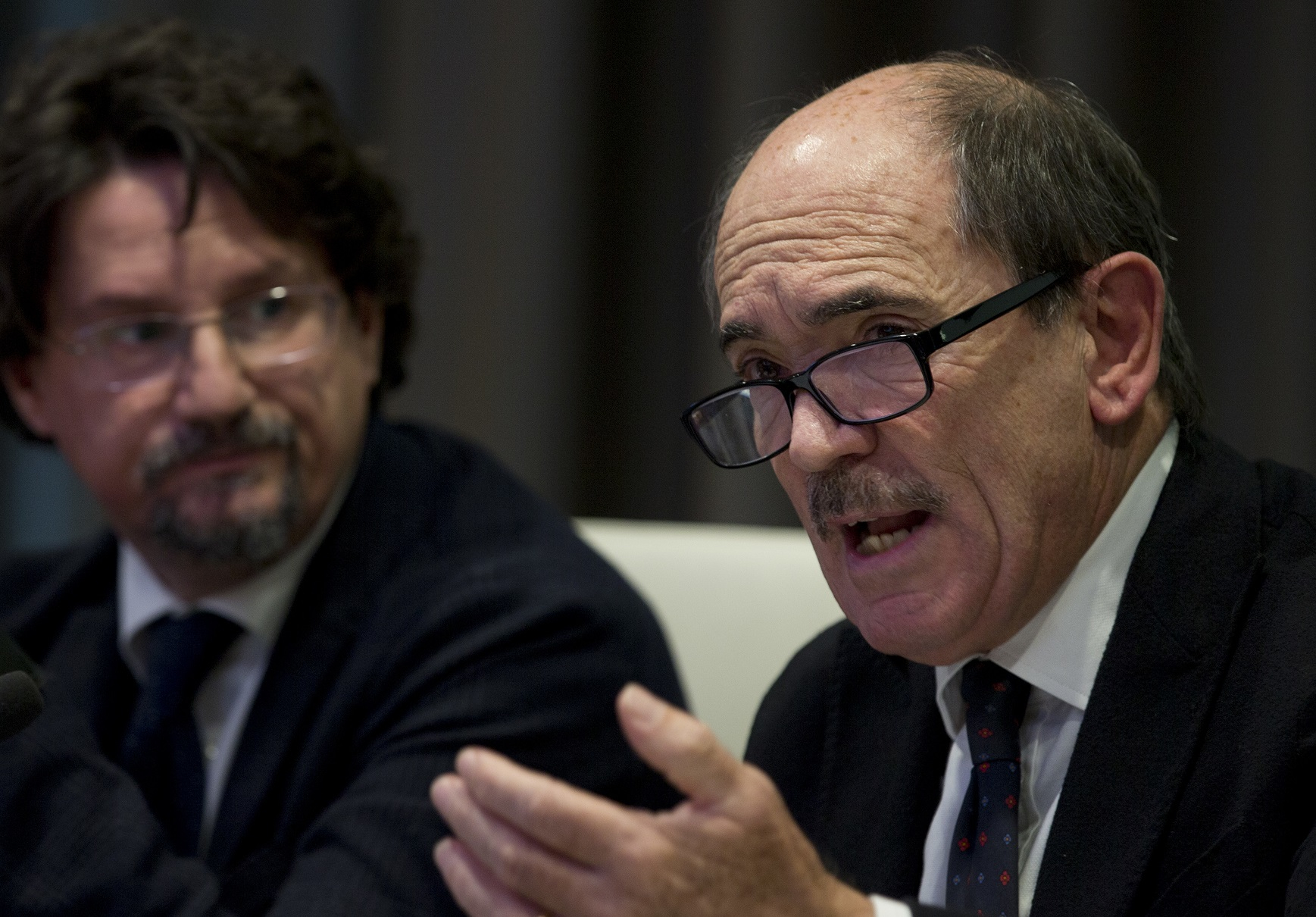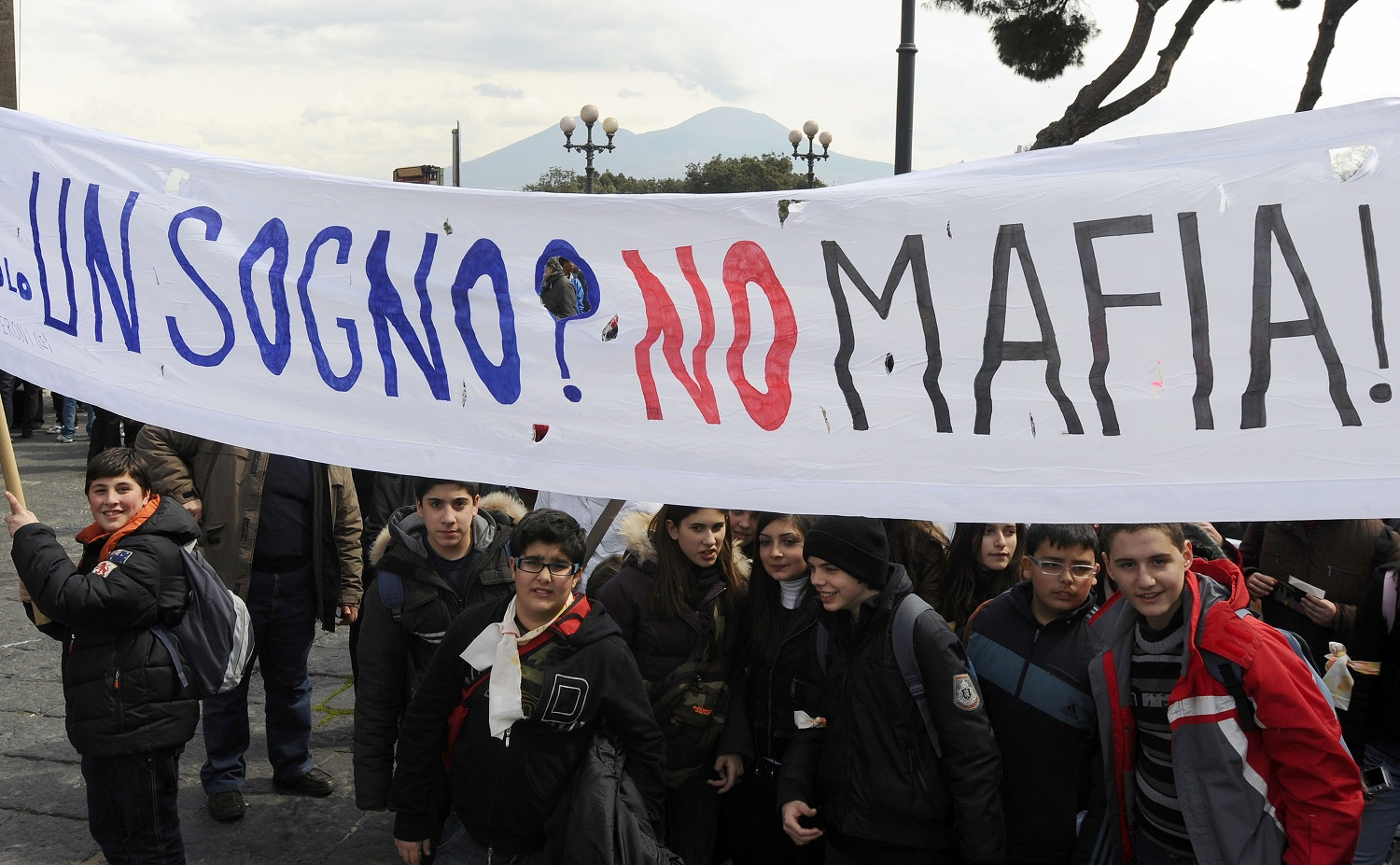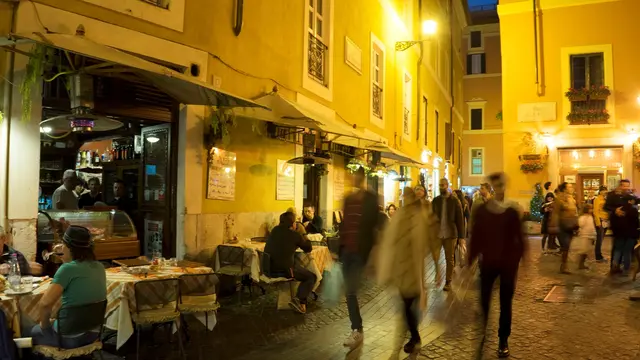
Italy's mafia is using the COVID-19 epidemic to expand its influence, experts and authorities have warned, as people struggle to get daily necessities or keep their business afloat after weeks of lockdown measures.
And news that several mafia bosses have been released from prison could aggravate this.
This is "a very delicate moment," Federico Cafiero De Raho, Italy's anti-mafia and counter-terrorism public prosecutor, said in a recent interview with the daily La Repubblica, warning that this epidemic could see the unraveling of important achievements made in the last few decades. "There is no crisis that isn't a great opportunity for the mafia," he noted.
Italian news reports have mentioned mafia groups such as the Camorra in Naples delivering food and other necessities to those in need, as well as handing out loans to struggling businesses.
"Not out of the goodness of their heart, but for a profit," the Naples news site Fanpage noted.
"At the moment, loaning money, even without interest, and delivering basic necessities, means creating credits that will be collected sooner or later," whether it will be asking people to register a company, stash a gun, or help move drugs, it added.
Italy's government announced a nationwide lockdown in early March as the epidemic ravaged the country, closing schools, restaurants and shops.
In the process, many lost their jobs and livelihood, including an estimated 3.3 million people who are employed in the so-called grey, or informal, economy.

Federico Cafiero De Raho (R), Italy's anti-mafia and anti-terrorism national prosecutor, and Giovanni Bombardieri, chief prosecutor of Reggio Calabria (L), during a press conference at the Eurojust headquarters in The Hague, Netherlands, December 5, 2018. /AP
For these people and many others, especially in the more impoverished south of the country, the mafia has been a savior, stepping in where the state did not.
"If you are hungry, you are not particular about which oven your bread comes from," Roberto Saviano, an Italian journalist and author of "Gomorrah," a book about the Camorra, summarized in an article for The Guardian over the weekend.
Roberto Tartaglia, a former public prosecutor in Palermo and now consultant for the Anti-Mafia Parliamentary Commission, said in an interview with Italian news agency AGI that the epidemic was creating a "perfect storm" of conditions that traditionally benefited groups like the Camorra, the 'Ndrangheta in Calabria or the Cosa Nostra in Sicily, including a lack of liquidity, opportunities for investment, limited scrutiny as people focused on combating the virus and a "social time bomb" as poverty and unemployment rise.
Even regions where the mafia does not usually have a strong presence have been targeted.
"In the north, for example in Lombardy, Piedmont and Emilia-Romagna where the virus has been concentrated but which we don't think of as being as vulnerable to mafia influence, some individuals have been found with briefcases full of money," Italy's chief of police and director-general of public security Franco Gabrielli said in a recent interview with the Global Initiative Against Transnational Crime.
Besides helping them amass names of people who will owe them favors in the future, COVID-19 is also providing business opportunities for the mafia.
Struggling businesses desperate for cash injections are less concerned with where the money comes from and once an owner is no longer able to repay a loan and the mafia takes over, this provides a convenient front for illegal activities, experts said.
The biggest risk will come as countries try to kick start their economies, hard hit by the epidemic, and seek urgent investment in sectors like tourism, construction and catering. There too the mafia will be all too ready to lend a hand.

Demonstrators hold a banner saying "A Dream? No Mafia!" at a rally staged by widows, children and grandchildren of people slain by Italy's various mafias in Naples, Italy, March 21, 2009. /AP
Also worrying is the fact that several high-profile mafia figures have been released from prison over the last few weeks in an effort to prevent COVID-19 outbreaks in Italy's overcrowded jails.
These include Francesco Bonura of the Cosa Nostra, Pasquale Zagaria, one of the bosses of the Casalesi clan, and 'Ndrangheta members Vincenzino Iannazzo and Rocco Filippone. All are now under house arrest, but unlike in prison, they will now be able to communicate freely with associates.
Top politicians condemned the move, including the governor and president of Sicily who expressed disbelief and said they were stunned by the decision.
Experts and magistrate are now calling on governments, even beyond Italy, to be vigilant and provide immediate assistance to people and to businesses, small and large, to prevent the mafia gaining a foothold.
"All those who are considering mafia help as an opportunity need to understand that what may appear on the face of it to be a shortcut, is in reality a path that will always end badly. It's not the solution to their problems, it's the beginning of the road leading to extortion," said Gabrielli.
If state and banks don't step in, people will turn to the mafia for help, De Raho warned. "The only tap that is always open and willing to supply water is the one belonging to the mafia," he told the Global Initiative Against Transnational Crime.
(Cover: People walk along Rome's Via dei Pastini, where three trattorias were raided as alleged fronts for money-laundering operations for the 'Ndrangheta, November 13, 2015. /AP)
 简体中文
简体中文

